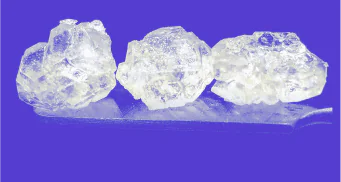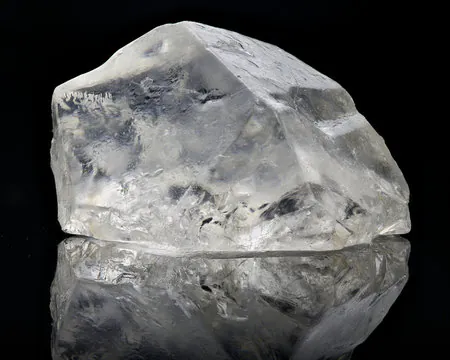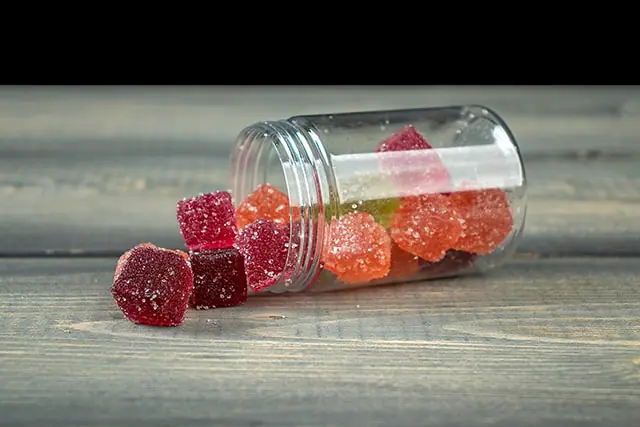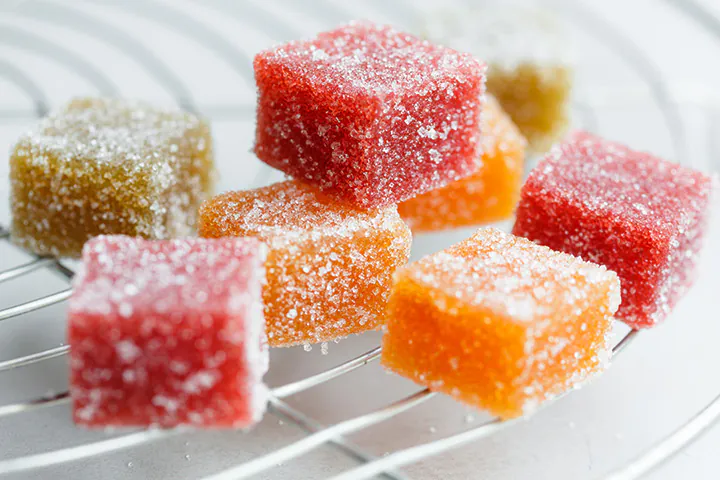Today we are going to look at D9 THC vs THCA in the world of cannabis and cannabinoids. An ever-evolving industry, with new compounds and their effects continually being discovered and understood. Two such compounds, Delta 9 THC (D9 THC) and tetrahydrocannabinolic acid (THCA), often get mixed up or misunderstood due to their similar nomenclature and origin. This comprehensive guide aims to clarify these compounds, exploring their differences, effects, and the significance of their usage. Let’s dive in and take a look at D9 THC vs THCA!
D9 THC: The Main Psychoactive Component
Delta 9 THC is a cannabinoid most commonly associated with the psychoactive effects of cannabis. It is the compound responsible for the ‘high’ that many users seek in cannabis products. Unlike its acidic counterpart, THCA, Delta 9 THC is psychoactive in its natural form. When consumed, it interacts with the body’s endocannabinoid system, particularly binding with the CB1 and CB2 receptors in the brain, inducing feelings of euphoria, relaxation, and altered sensory perception.
The legality of Delta 9 THC has been a subject of debate, but the 2018 Farm Bill in the United States marked a significant milestone. According to this bill, hemp-derived products with Delta 9 THC concentrations of no more than 0.3% on a dry weight basis are legal. This has led to the proliferation of various Delta 9 THC-infused products, ranging from edibles to tinctures and vapes.
THCA: The Non-Psychoactive Precursor
THCA is the acidic form of THC, commonly found in raw and live cannabis. As the precursor to Delta 9 THC, it is non-psychoactive in its raw state. This means that consuming THCA in its natural form, such as in fresh cannabis leaves, will not produce the ‘high’ associated with THC. The transformation from THCA to THC occurs through a process known as decarboxylation, which involves applying heat. This process removes the carboxyl group from the THCA molecule, converting it into psychoactive Delta 9 THC.
The common misconception that THCA and Delta 9 THC are the same arises from their similar molecular structures. However, the additional carboxyl group in THCA makes a significant difference in how it interacts with the body. This molecular distinction means that THCA has different properties and potential therapeutic benefits compared to Delta 9 THC.
Decarboxylation: Turning THCA into THC
One of the most fascinating aspects of cannabis chemistry is the decarboxylation process. By applying heat, either through smoking, vaping, cooking, or even sun exposure, THCA is converted into Delta 9 THC. This chemical reaction not only activates the psychoactive properties of THC but also changes the way it interacts with our body’s endocannabinoid system.
The decarboxylation process is crucial for anyone looking to experience the psychoactive effects of cannabis. Without this process, consuming cannabis in its raw form would not produce the same results. This is particularly important for those using cannabis for recreational purposes or its various psychoactive effects.
Comparing Potency: D9 THC vs THCA
A common question that arises in discussions about THCA and Delta 9 THC is regarding their potency. While THCA is non-psychoactive in its raw form, the decarboxylation process converts it into potent Delta 9 THC. Research suggests that the theoretical maximum conversion rate of THCA to THC is around 87.7%. This means that for every gram of THCA, approximately 0.877 grams of Delta 9 THC can be produced.
The potency of Delta 9 THC is well-documented, with its psychoactive effects being the primary reason for its popularity. However, because THCA must first be converted to THC to achieve these effects, its potency in its natural state is effectively non-existent in terms of psychoactivity.
Differences in Effects and Usage
The primary difference when considering D9 THC vs THCA lies in their psychoactivity. Delta 9 THC is renowned for its relaxing, euphoric effects, often used recreationally and therapeutically to alleviate pain, anxiety, and other conditions. THCA, on the other hand, does not produce these effects unless decarboxylated.
However, THCA has its own set of potential benefits. Some studies suggest that it might have anti-inflammatory, neuroprotective, and anti-nausea properties. These attributes make THCA an interesting compound for medicinal research and potential therapeutic applications.

Enhanced Live Resin THCA Diamonds
State of Mind Labs, collaborating with Avora Extracts, introduces an enhanced version of their Live Resin THCA Diamonds. These diamonds, already known for their purity and potency, are further enriched with live resin terpenes. This addition elevates the product by combining the intense potency of pure THCA with the full-bodied flavor and aroma profiles of live resin terpenes.
The Synergy of Terpenes and THCA
The integration of live resin terpenes into the THCA diamonds creates a synergistic effect. These terpenes, extracted from freshly harvested cannabis, preserve the natural essence of the plant. Their combination with the pure THCA diamonds results in a more nuanced and complex experience, enhancing both the flavor and the overall effects of the product.
Summary
In summary, while comparing D9 THC vs THCA we discover they are closely related compounds found in the cannabis plant, their effects and applications are distinct. THCA is a non-active precursor to Delta 9 THC, which means when you smoke it the effects are virtually mirrored to that of D9 THC.




